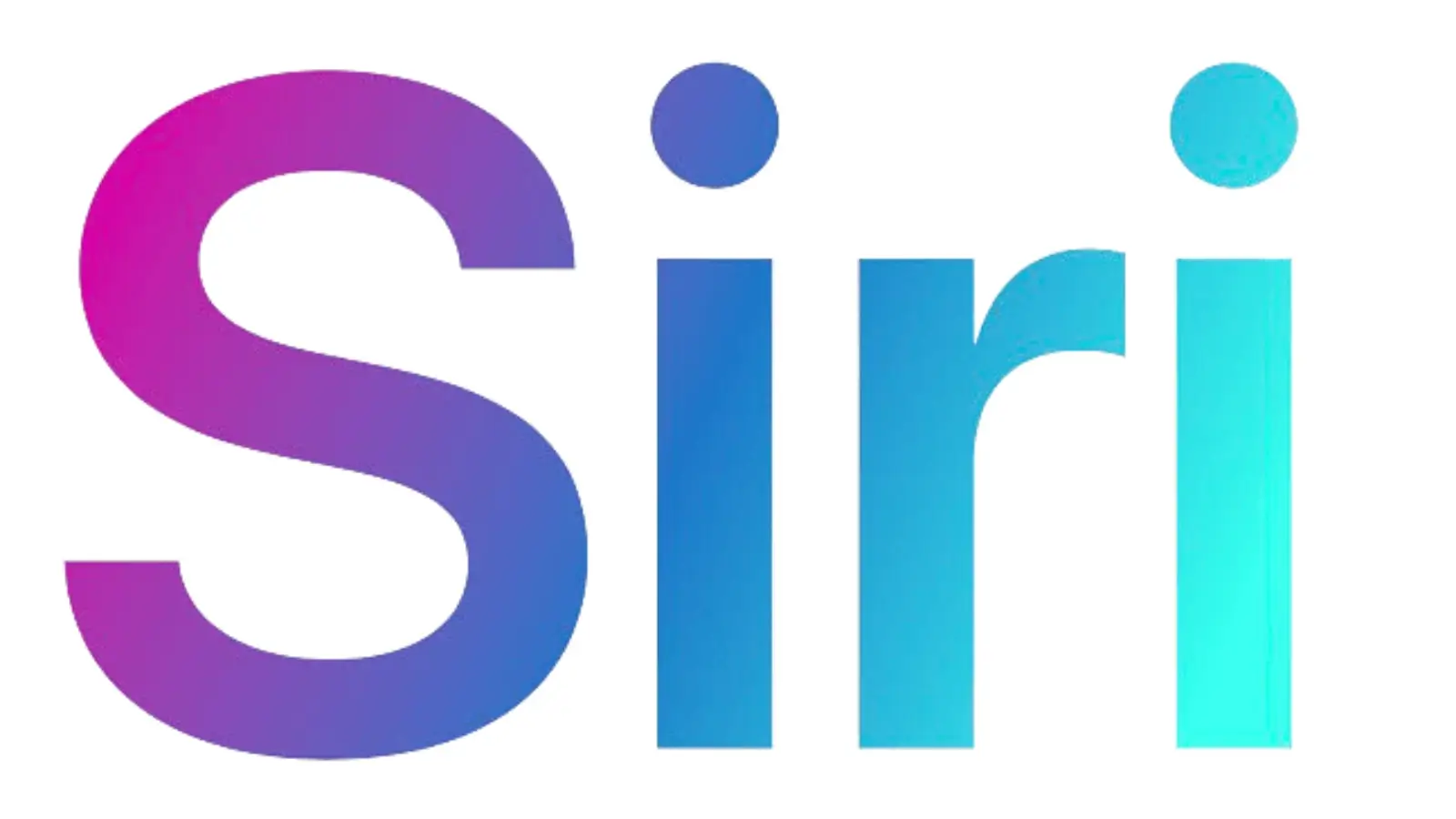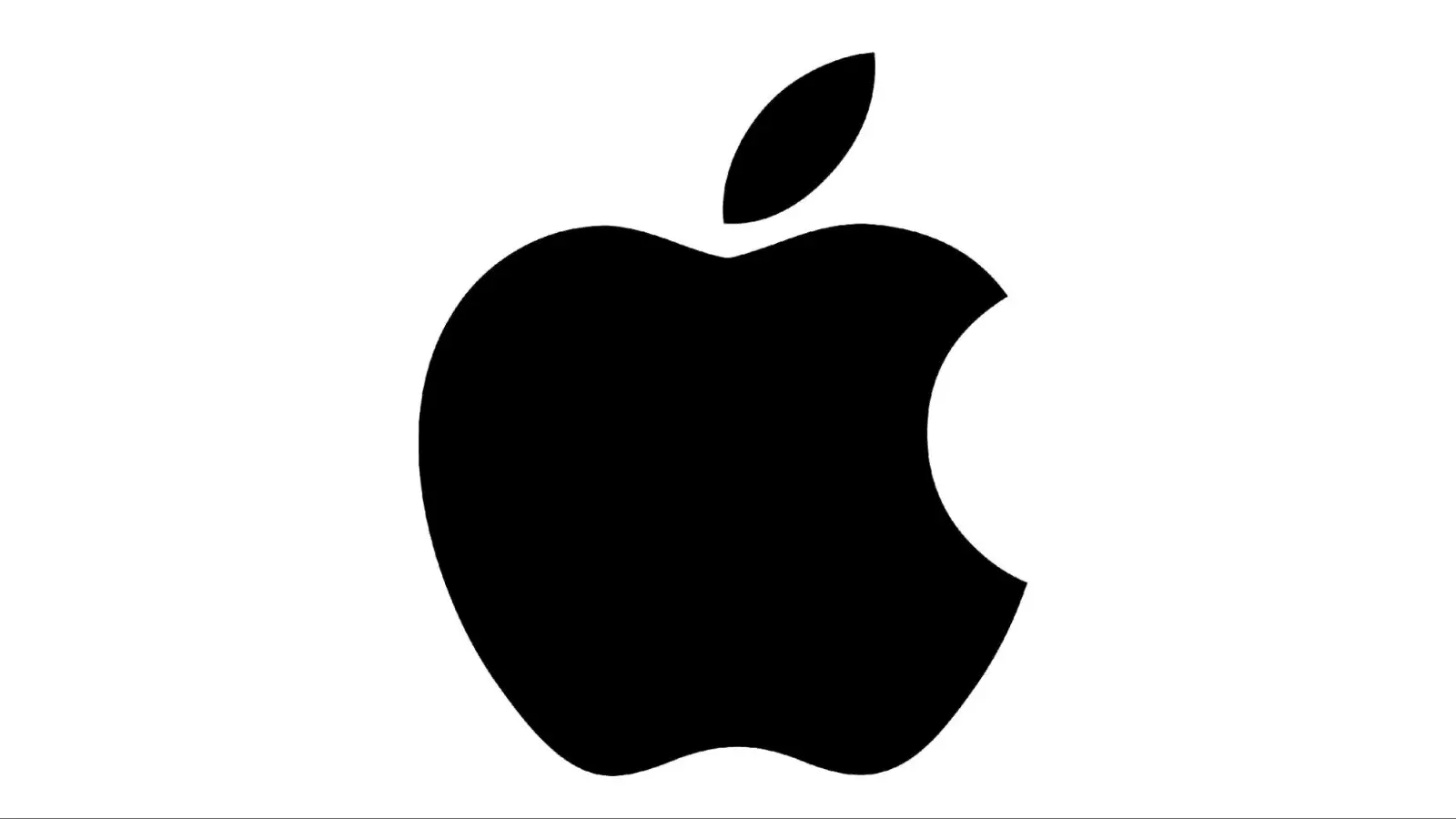


For over a decade, Apple has built its brand around a tightly controlled ecosystem—one where software and hardware are meticulously integrated to deliver what Apple considers a seamless, secure, and premium user experience. A major pillar of this ecosystem is Siri, Apple’s voice assistant, which has remained a closed and exclusive gateway to the company’s services.
But now, the European Union is forcing Apple to rethink that model.
With the introduction of the Digital Markets Act (DMA), the EU is making it clear: gatekeepers like Apple must play fair. According to a recent rumor by Apfelpatient.de, Apple is preparing to allow alternative voice assistants in the EU to be used as defaults on iPhones and iPads. This seismic shift could mark the beginning of the end for Siri’s exclusive role on Apple devices—at least in Europe.
So, what’s behind this decision? And what does it mean for users, developers, and the future of voice technology on Apple platforms?
Let’s dive in.
The Digital Markets Act is the EU’s bold attempt to rein in the power of Big Tech by introducing a clear regulatory framework aimed at ensuring fairness and competition in digital markets. The law specifically targets so-called “gatekeepers”—large tech companies that control access to key digital services.
Apple, unsurprisingly, has been designated as one of these gatekeepers. Under the DMA, Apple must:
Allow interoperability with third-party apps and services
Provide users with the freedom to choose and set default apps
End preferential treatment of its own apps and services
The implications are vast, and we’ve already seen changes: support for sideloading, browser choice screens, and the transition to USB-C for iPhones are all direct consequences of the DMA. Now, the law is coming for Siri.

Siri isn’t just a voice assistant—it’s a strategic access point to the entire Apple ecosystem.
Through Siri, users control smart home devices via HomeKit, stream music via Apple Music, navigate with Apple Maps, and schedule appointments with Apple Calendar. By keeping Siri exclusive and limiting its integration with third-party services, Apple has essentially used it as a way to reinforce customer reliance on its ecosystem.
This approach, while effective from a business perspective, has stifled competition. Third-party voice assistants like Amazon’s Alexa or Google Assistant are largely sidelined on Apple devices. Users can install them as apps, but they can’t replace Siri or access system-level commands.
Until now.
The Apfelpatient.de report cites internal sources suggesting that Apple is preparing to open up Siri’s role on devices within the European Union. Specifically, Apple is said to be working on a voice assistant selection screen—much like the browser choice screen required under the DMA.
Expected to arrive with iOS 18 in late 2024 or 2025, this change would allow users to choose Google Assistant, Alexa, or other voice services as their default assistant—potentially replacing Siri for many everyday tasks.
This is a big deal.
Opening Siri’s position means:
Users could say “Hey Google” or “Alexa” system-wide on their iPhones
Developers could create deeper voice integrations
Apple’s grip on how users interact with their devices would loosen considerably
From a legal perspective, this is Apple taking proactive steps to comply with the DMA and avoid potential fines that could run into the billions of euros.
For EU users, this shift signals greater freedom and personalization. You’ll be able to choose the voice assistant that works best for your needs—whether that’s Alexa’s smart home capabilities, Google’s deep search integration, or Apple’s privacy-first approach.
Benefits for users include:
More powerful and flexible assistant choices
Improved compatibility with third-party services and devices
A potential boost in innovation and responsiveness across platforms
However, there are trade-offs. Switching to a third-party assistant might mean:
Less integration with native Apple features
Greater concerns over data privacy, depending on the provider
Possible confusion for less tech-savvy users
Still, the broader impact is clear: this opens the door for a much more competitive voice assistant ecosystem on Apple devices.

Make no mistake—Apple isn’t giving up Siri’s central role without a plan.
Here are a few likely strategies:
Limit these changes to the EU to maintain ecosystem control elsewhere
Reinvent Siri with a more open and modular architecture that competes directly with rivals
Use the opportunity to push Apple Intelligence, its rumored next-gen AI framework, as an evolution beyond voice assistants
In other words, this forced compliance could become a catalyst for reinvention. Apple may decide to evolve Siri from a reactive assistant into a smarter, more proactive AI companion to keep users engaged.
Apple’s shift under the DMA will likely influence other tech giants as well. If the EU can force Apple to open up Siri, regulators in other regions—like the U.S., India, and Australia—may follow suit.
For the voice assistant industry, this marks a turning point:
Assistant capabilities, integrations, and responsiveness will become major differentiators
Apple devices will become new battlegrounds for AI-powered assistant dominance
It’s no longer Siri versus nothing. It’s Siri versus everyone.
Apple has never been a fan of being told what to do—especially by regulators. But in this case, the EU's Digital Markets Act has left Apple with little choice.
By forcing Apple to allow alternative voice assistants on iPhones and iPads, the EU is not just opening up Siri. It’s opening up the possibility for a more diverse, competitive, and user-centered future in how we interact with our devices.
Whether this ultimately benefits Apple, harms it, or drives it to innovate further remains to be seen. But one thing is clear: Siri is no longer the only voice in the room.